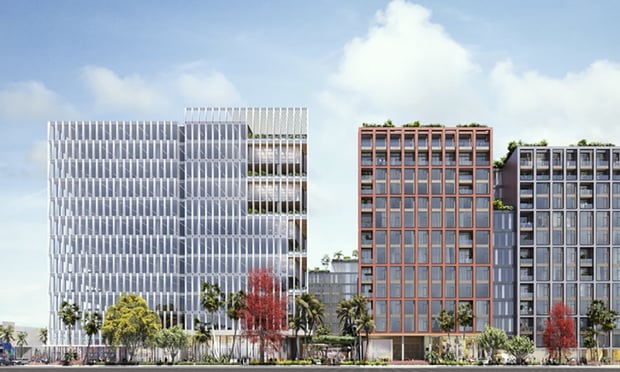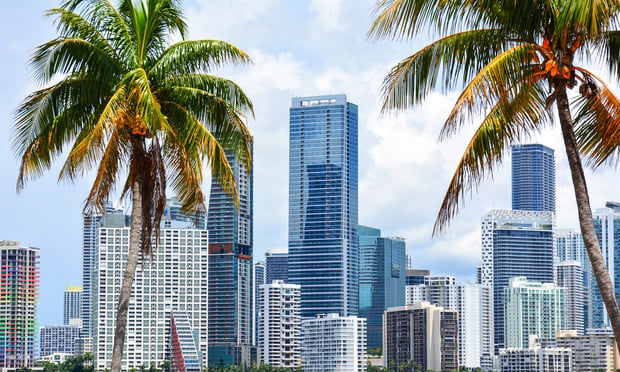MIAMI—With Winn-Dixie filing bankruptcy and Amazon getting into the grocery business through the Whole Foods acquisition, the grocery real estate scene could be changing. GlobeSt.com caught up with Justin Berryman, director of Retail Leasing and Aniley Perez
associate of Retail Leasing, at Franklin Street of Miami, to get their insights into what to expect in part one of this exclusive interview.
GlobeSt.com: What kinds of grocers are expanding here? Examples?
Berryman: Publix has and will continue to be the dominant grocer in South Florida. Discount grocers such as Aldi, along with specialty AND gourmet chains like Whole Foods Market—and its new Whole Foods 365 smaller-store concept—and Sprouts are making a push to expand into the market.
Grocery retailers are expanding throughout the tri-county area—Miami-Dade, Broward, and Palm Beach—with the specialty and gourmet grocers mostly in proposed retail or mixed-use developments. Supermarket chains like Aldi are now leasing locations to take advantage of vacant junior anchor or subdivided anchor space traditionally held by soft goods retailers that have been hit hard by e-commerce.
GlobeSt.com: What will be the most important grocery real estate trend or trends in 2018?
Recommended For You
Want to continue reading?
Become a Free ALM Digital Reader.
Once you are an ALM Digital Member, you’ll receive:
- Breaking commercial real estate news and analysis, on-site and via our newsletters and custom alerts
- Educational webcasts, white papers, and ebooks from industry thought leaders
- Critical coverage of the property casualty insurance and financial advisory markets on our other ALM sites, PropertyCasualty360 and ThinkAdvisor
Already have an account? Sign In Now
*May exclude premium content© 2025 ALM Global, LLC, All Rights Reserved. Request academic re-use from www.copyright.com. All other uses, submit a request to [email protected]. For more information visit Asset & Logo Licensing.









